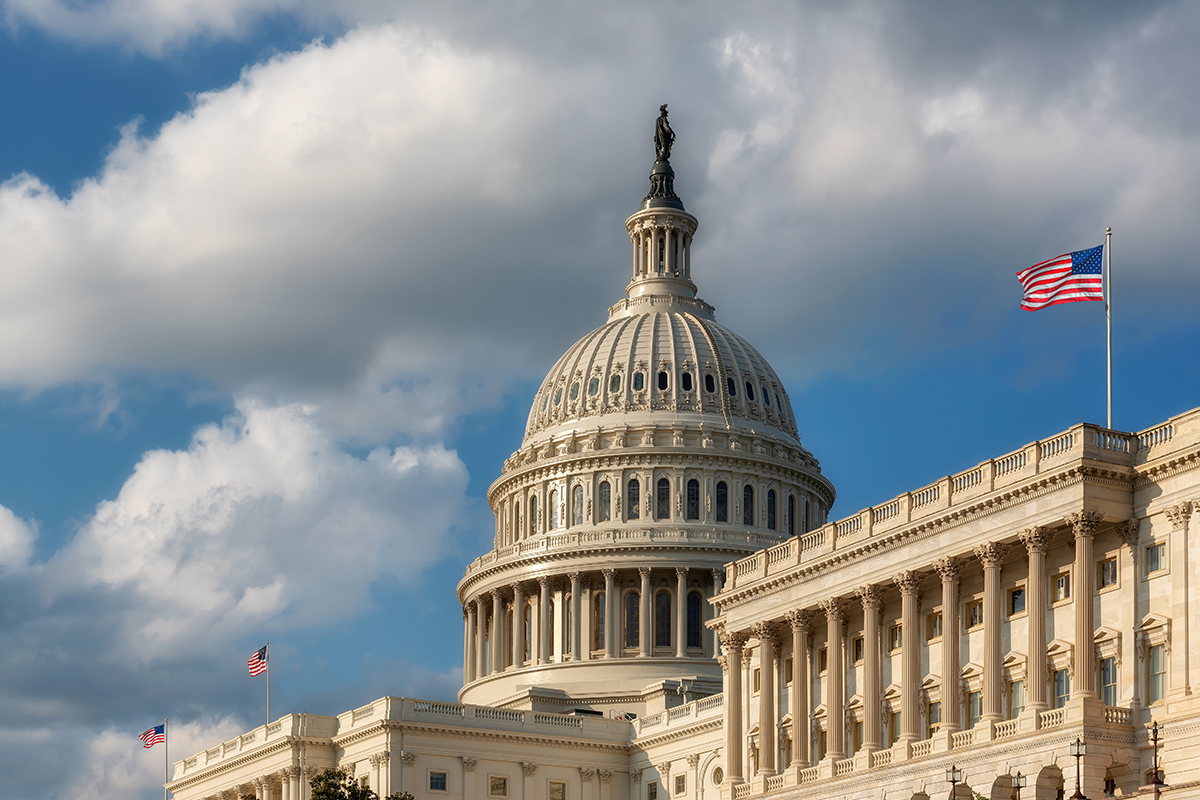In the latest development surrounding TikTok, the United States Congress has moved closer to potentially banning the popular app or pushing for its sale. However, a crucial hurdle remains: finding a suitable buyer for the platform.
The recent passage of legislation in the House of Representatives represents a significant step in the government’s efforts to pressure TikTok’s Chinese parent company, ByteDance, into divesting the app to a non-Chinese entity within a six-month timeframe. Failure to comply would result in the prohibition of TikTok on US app stores.
Despite the bipartisan support in the House, the fate of the bill remains uncertain in the Senate, where concerns regarding governmental interference in business affairs and implications for free speech abound. Additionally, Beijing has made its opposition to a forced sale clear, further complicating the situation.
The proposed ban stems from lawmakers’ concerns about potential national security risks associated with American data being accessible to Chinese intelligence agencies. This has sparked speculation about potential buyers for TikTok, given its immense value and user base.
With approximately 170 million users in the US alone, TikTok is undoubtedly an attractive asset in the tech industry, with an estimated value of around $100 billion. This has drawn interest from major players in Silicon Valley and beyond.
Companies like Meta, Alphabet, and Microsoft are among those with the financial resources to acquire TikTok outright. However, regulatory hurdles could impede such transactions, with concerns over antitrust issues and market dominance at the forefront.
For instance, Meta’s ownership of Facebook and Instagram, along with Alphabet’s control of YouTube, raise concerns about monopolistic practices. Meanwhile, Microsoft’s lack of a social media platform of its own does not exempt it from regulatory scrutiny.
Recent reports indicate that Bobby Kotick, former CEO of Activision Blizzard (now under Microsoft’s ownership), has explored potential partnerships to acquire TikTok. However, concrete details remain scarce, and any deal would likely face regulatory scrutiny.
Another contender in the TikTok acquisition saga could be Apple, a tech giant with substantial cash reserves and no social network of its own. However, concerns about maintaining its tightly controlled ecosystem and navigating regulatory challenges may deter Apple from pursuing TikTok.
Moreover, managing a social media platform comes with its own set of challenges, including the need for constant content moderation and addressing societal concerns. Previous attempts to force a TikTok sale during the Trump administration faltered amid legal challenges and geopolitical tensions.
China’s stance on relinquishing control over TikTok’s algorithm, a crucial component of its success, adds another layer of complexity to the situation. The Communist Party has emphasized the importance of high-tech innovation for its economic growth strategy, indicating reluctance to allow ByteDance to export the algorithm.
Detaching the algorithm from ByteDance would not only be a complex endeavor but could also face legal challenges and delays, further complicating any potential sale.
As the debate over TikTok’s fate unfolds, the search for a willing buyer remains a central challenge for lawmakers and stakeholders. Whether a solution can be found to address national security concerns while preserving the app’s functionality and value remains to be seen.







